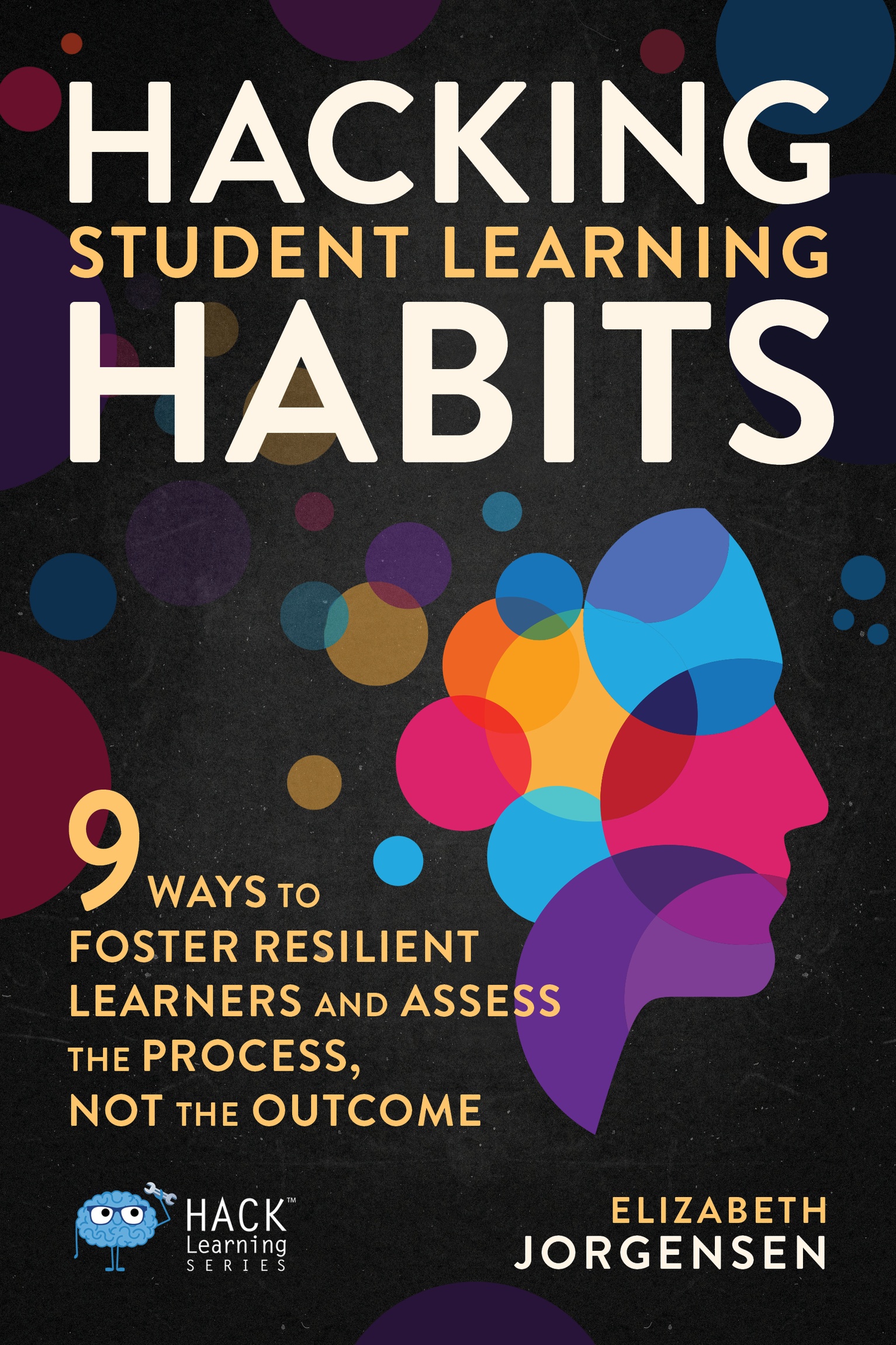But I Have To Accept Late Work ... Don’t I?
May 27, 2022
By Elizabeth Jorgensen
In a Facebook group I’m part of, fellow teacher Jeralicia Crooms posted, “Many of our districts force us to accept late work. We’re not ‘allowed’ to hold students accountable. How do we make that work?”
It’s a common sentiment: we have to give a grade, use rubrics, be outcome-driven, proctor tests, accept late work, and allow extra credit.
But … maybe we don’t.
Start Small
I used rubrics for many, many years—even though I knew they were not the most effective assessment tool. And I graded final drafts. And I allowed retakes. And even though I knew it sent the wrong message, I accepted late work and offered extra credit. I thought I had to. But then, one day, I truly let myself wonder…
Do I have to?
To find an answer, I started where everyone starts: the internet. There, I found teachers using ungrading, conference grading, portfolio grading, contract grading, self-grading, pass-fail grades. There, I found trailblazers like Starr Sackstein. I saw it was possible to innovate and change my grading practices.
Build a Team
I talked with colleagues in my department and quickly found like-minded allies. There were other teachers—in my building—who felt like I did, who wanted to work with me to change our school culture, grading practices, and classroom procedures.
But how could we do this, on top of everything else?
We started small, meeting weekly during professional development time to identify our group beliefs.
- If students practice and use authentic learning opportunities, they will engage, and growth will increase.
- Authentic purposes help students find value in improving their skills instead of achieving a grade.
- Learning happens when students modify and edit and not when they receive grades.
- Progress is in the process; improving never stops.
- We want to focus on being educators, not evaluators.
- It’s unsustainable to read and grade everything students work on.
- Grades are inauthentic motivation.
We then fleshed out our whys.
- Engaging students in reflection.
- Increasing student participation.
- Allowing students to practice daily and value each part of the process equally.
- Building intrinsic motivation (students who are motivated by quality work, not by letter grades).
- Expanding skills.
- Leading students to clearer, deeper thinking, and a greater understanding of self and world.
- Encouraging failure and growth.
- Focusing on growing skills rather than assessing them.
Never Stop Sharing
We sought out experts to reference and examples to model. We found Jesse Stommel, who said, “If you’re a teacher and you hate grading, stop doing it”; and Alfie Kohn, who explained “The Trouble with Rubrics”; and Lisa Lucas, who encouraged us to “Write More, Grade Less”; and Jennifer Gonzalez, who questioned “How Accurate Are Your Grades?”; and Teachers Going Gradeless (TG2); and de-testing and degrading schools by Rick Wormeli.
Throughout our research, we shared findings with department chairs, principals, associate principals, guidance counselors, group advisors, and librarians. We chatted with anyone who was even remotely interested.
“Do we really have to give traditional grades?”
“And why would we give grades if they’re not the best way to measure progress?”
“What measurements could work better?”
“How could we get students to invest in skill development and not grade-earning?”
“What could our dream school look like?”
During passing time, at lunch, before school, after school, at department meetings (anywhere and everywhere!), we asked our colleagues about grades and how they were assessing. Then we invited them to join our weekly meetings.
Find Endorsements
We discovered our state’s Department of Instruction held a summit: Every Teacher a Leader, with the mission “to elevate teachers as experts and leaders in and beyond the classroom.” Our team applied and was accepted to research assessment methods.
At the summit, we worked with a mentor to flesh out our plan. She helped us craft an elevator pitch and develop a presentation. She played devil’s advocate and we practiced responses. She led us to construct new syllabi, update website language, and craft parent communication.
Back at school, we took what we learned to our school’s professional development day. We talked with our department chair, our director of curriculum, and other colleagues. We never assumed we had the right or only answer; we just kept talking about our vision and what we could do better for students.
Make a Change
After two years, we were ready to take our research, conversations, and DPI approval to the school board. We were ready to shift to process-based assessment. This was best for kids.
And you know what? They agreed.
To Jeralicia, I suggest not only research but also finding endorsements and allies. Attend conferences and build a team of like-minded colleagues and you can change your school’s policy and create the school and classroom you dream of.
After all, isn’t that why we became teachers in the first place?






